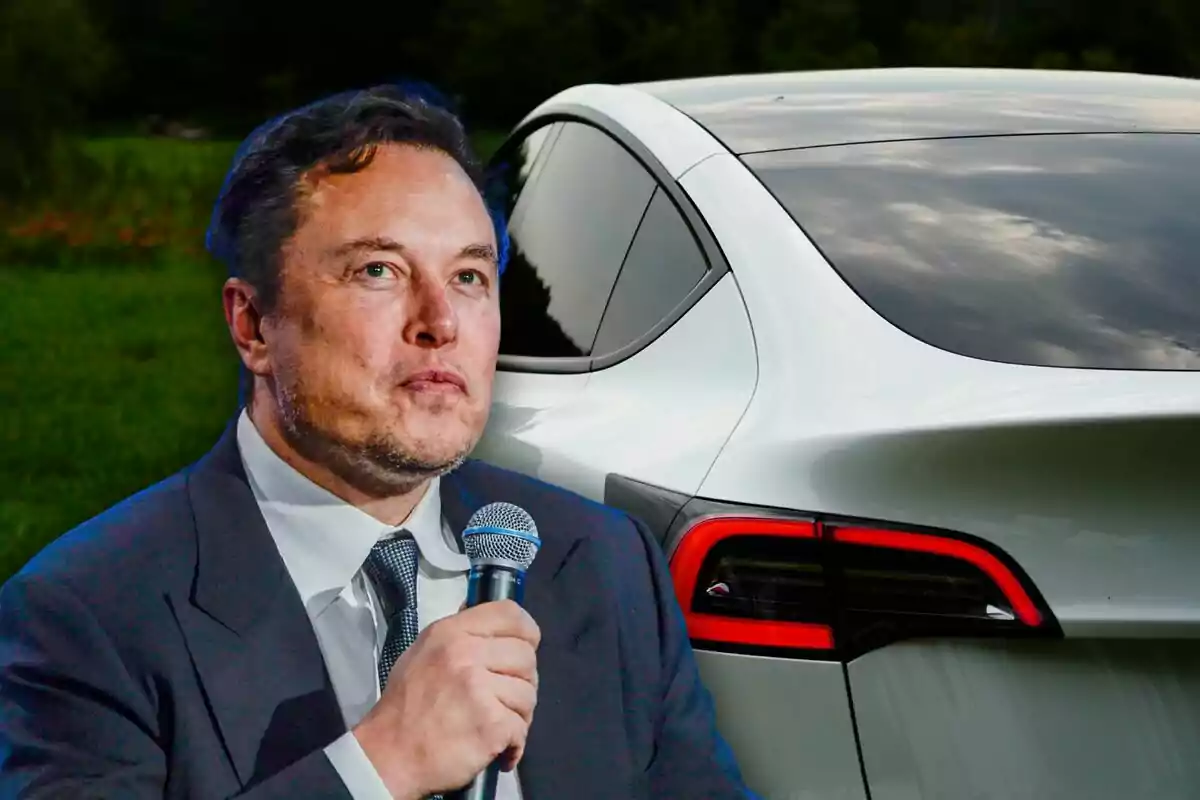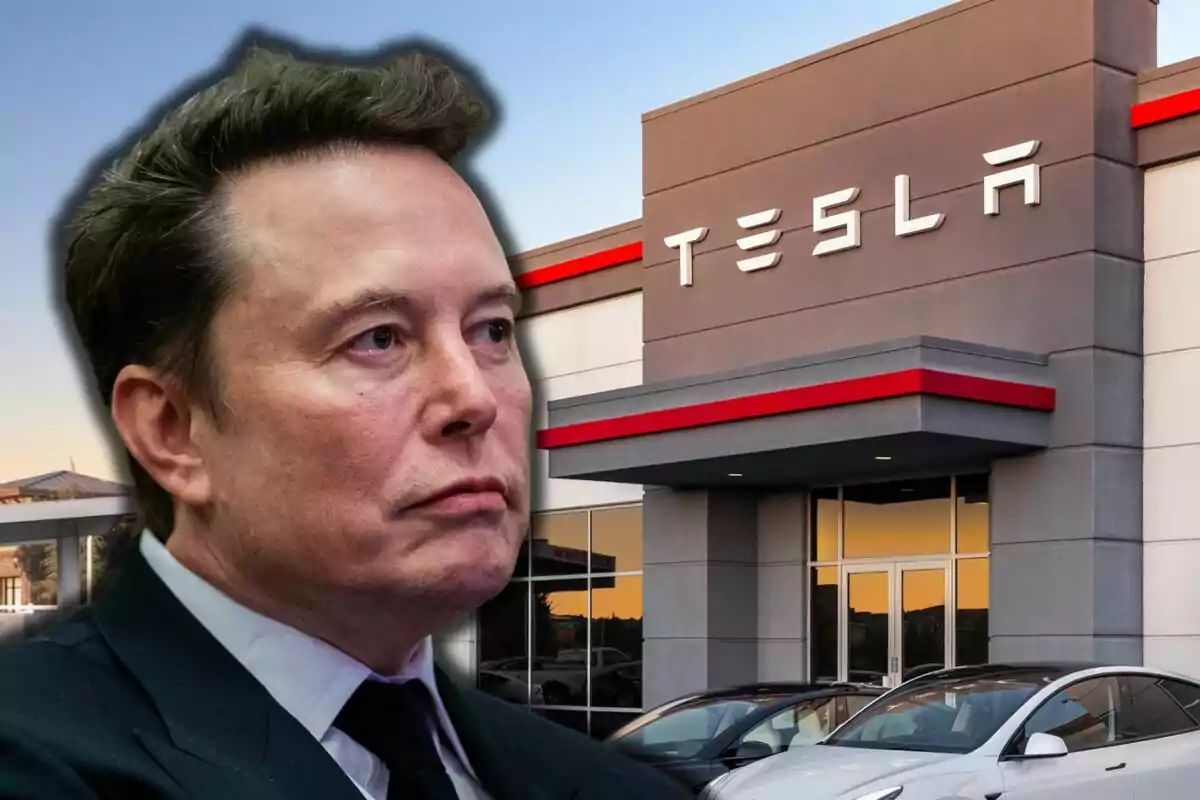Tesla is in the eye of the storm. A jury in Florida has ordered the company to pay €209 million as compensation for a fatal accident that occurred in 2019. The ruling partially blames the Autopilot system, which is a direct blow to the reputation of Elon Musk's company.
The news comes at a delicate moment. Tesla has just started testing its fleet of autonomous taxis in Austin. Now, the shadow of doubt hangs over the safety of its technology.
The accident that raised the alarm
April 2019, a road near Key Largo. George McGee was driving his Tesla Model S with Autopilot activated, his phone fell to the floor, he bent down to pick it up. In seconds, the car ran over two people who were outside a parked vehicle.
One of them, Naibel Benavides León, died instantly after being thrown more than 65 ft. (20 m). The other was seriously injured.
An "autonomous" system that wasn't
During the trial, the victims' lawyers were clear: Autopilot was in beta phase. Tesla knew it. Even so, it promoted its cars as if they were capable of driving themselves.
For the jury, Tesla's marketing strategy contributed to the accident. The verdict: the company had 33% responsibility. The rest fell on the driver, who had already reached an agreement with the victim's family.
The problem isn't just technical. It's about communication. If a company makes people believe they can let go of the steering wheel, it's logical that some drivers will do so.
Musk responds
Tesla doesn't accept the ruling. The company states that the driver wasn't paying attention and that his foot on the accelerator deactivated Autopilot before the crash.

Musk and his team plan to appeal. They argue that this type of lawsuit could slow the progress of technologies that, according to them, could save lives in the future.
A bad time for Tesla
The verdict comes just as the company is trying to strengthen its innovative image. The launch of autonomous taxis in Texas is a key project for its future. However, a case like this could affect public trust and give regulators arguments to impose stricter controls.
The competition is watching. Brands like Waymo or Cruise could take advantage of any weakening of Tesla to gain ground.
Trust at stake
The impact of this trial goes beyond the millions to be paid. It's about credibility. In the autonomous car market, trust is everything.
The message this case leaves is clear: it's not enough to have advanced technology. One must be honest about what it can—and can't—do. If Tesla had explained the real limits of Autopilot, perhaps this tragedy would never have happened.
Now, Elon Musk has a new challenge: to prove that his cars are as safe as he promises and that his words are worth as much as his batteries.

